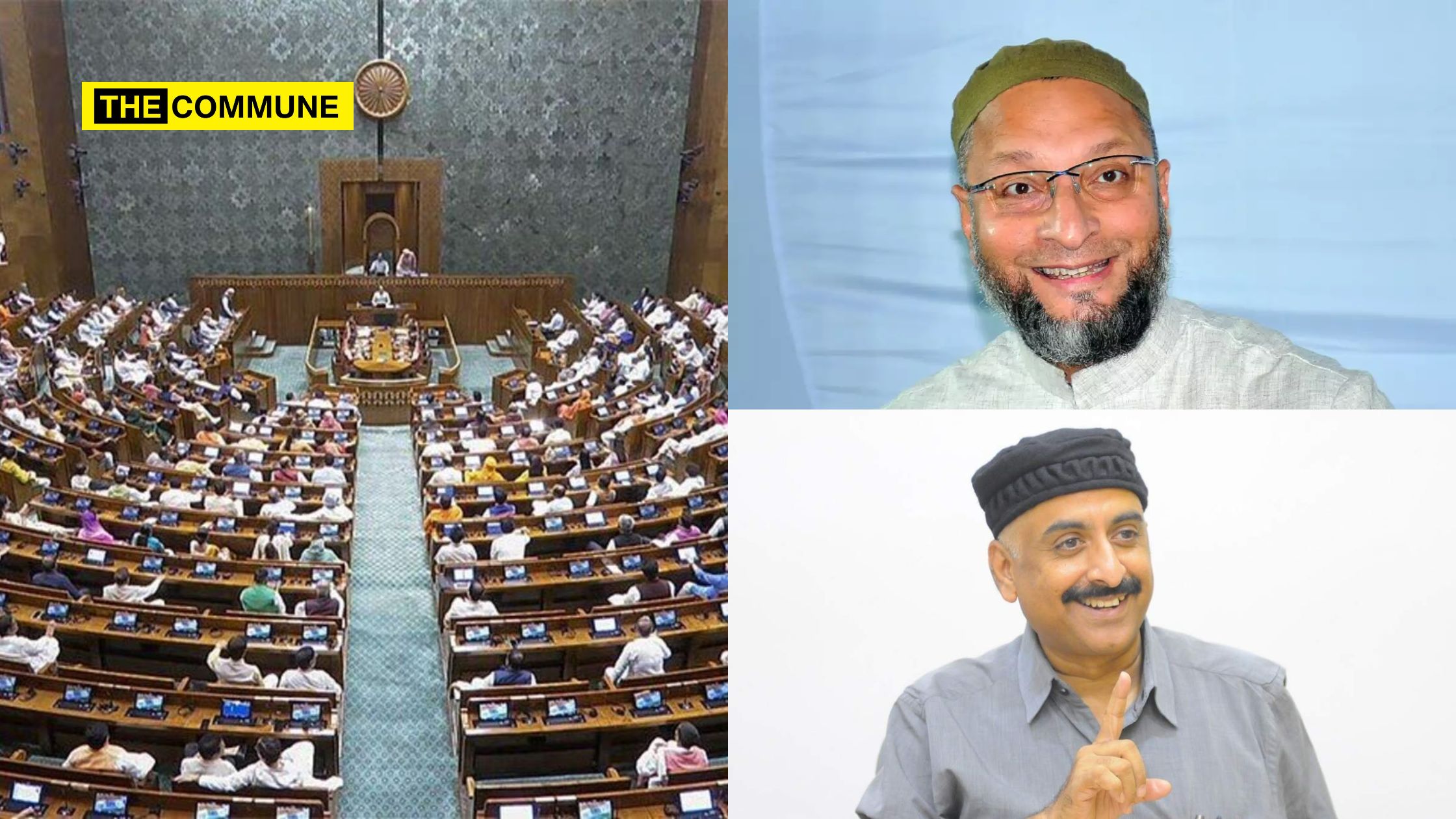
On 19 September 2023, India created history with the Lok Sabha successfully passing the Women’s Reservation Bill, known as the Nari Shakti Vandan Adhiniyam.
In the lower house, the 128th Constitution Amendment bill garnered an impressive 454 votes, with only two lawmakers opposing it. The two MPs who voted against the bill are All India Majlis-E-Ittehadul Muslimeen (AIMIM) MPs Asaduddin Owaisi and Imtiyaz Jaleel Syed.
This resounding majority easily surpasses the two-thirds vote required for a constitutional amendment.
Once this bill becomes law, it will enforce a one-third reservation for women in the lower house of Parliament and state assemblies, including Delhi. The government introduced this bill in the Lok Sabha on September 19, just a day after receiving approval from the Union Cabinet.
Notably, this bill marks the inaugural legislation to be passed in the Lok Sabha’s new chamber within the new parliament building. Prime Minister Modi, in his first address in the new Lok Sabha chamber following the bill’s presentation, expressed that the “Nari Shakti Vandan Adhiniyam” would lead to increased female representation in Parliament and assemblies.
While the Lok Sabha has passed the bill, women will not have reservations in the 2014 Lok Sabha elections. According to the bill, it will only come into effect after the completion of the delimitation process, which will rely on the latest census data. Since delimitation has been postponed until 2026, this implies that the bill can only take effect after 2017. It is probable that the 2029 Lok Sabha elections will witness 33% of seats reserved for women.
Once the bill becomes an Act, it will remain in effect for 15 years, though its term can be extended. Law Minister Arjun Ram Meghwal anticipates that the number of women in the lower house will increase from the current 82 to 181 after the law is implemented.
It is noteworthy that numerous past governments attempted to pass this bill but failed due to a lack of consensus among political parties. While the Rajya Sabha approved the bill in 2010, it lapsed as it was not taken up by the Lok Sabha.
The bill’s passage in the Lok Sabha witnessed an uncommon consensus, as nearly all political parties, including the Congress party, lent their support. Both Sonia Gandhi and Rahul Gandhi voiced their support for the bill. However, they also called for reservations for SCs, STs, and OBCs within the bill and urged its immediate implementation.
Home Minister Amit Shah proposed that it would be preferable for a Delimitation Commission to determine the seats reserved for women, as having the government prepare the list might be perceived as politically motivated, potentially leading to accusations of using the bill for political gain, particularly in seats like Wayanad and Hyderabad involving politicians like Rahul Gandhi and Asaduddin Owaisi.
Click here to subscribe to The Commune on Telegram and get the best stories of the day delivered to you personally.




